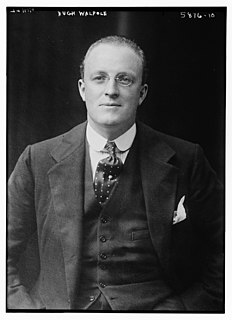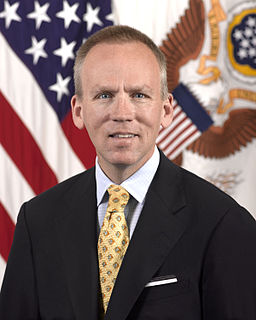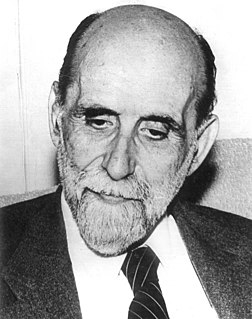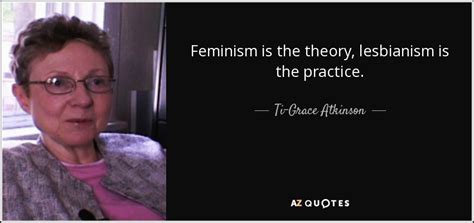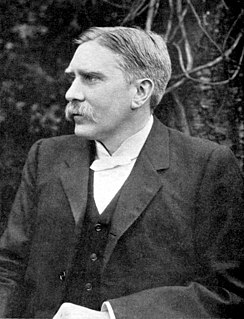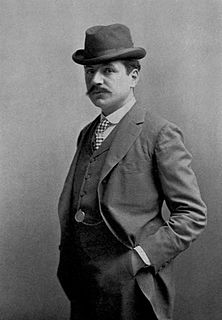Top 1200 Whom Quotes & Sayings
Explore popular Whom quotes.
Last updated on April 14, 2025.
Because God is not only infinitely greater and more excellent than all other being, but he is the head of the universal system of existence; the foundation and fountain of all being and all beauty; from whom all is perfectly derived, and on whom all is most absolutely and perfectly dependent; of whom, and through whom, and to whom is all being and all perfection; and whose being and beauty are, as it were, the sum and comprehension of all existence and excellence: much more than the sun is the fountain and summary comprehension of all the light and brightness of the day.
The being who, for most men, is the source of the most lively, and even, be it said, to the shame of philosophical delights, the most lasting joys; the being towards or for whom all their efforts tend for whom and by whom fortunes are made and lost; for whom, but especially by whom, artists and poets compose their most delicate jewels; from whom flow the most enervating pleasures and the most enriching sufferings - woman, in a word, is not, for the artist in general... only the female of the human species. She is rather a divinity, a star.
There are really three players: 'absolutists', for whom it is possible to describe reality as it anyway is; 'constructivists' or 'humanists', for whom there is nothing beyond a world that is relative to human interests and conceptual schemes; and 'ineffabilists', like myself, for whom any describable world indeed exists 'only in relation to man', as Heidegger put it, but for whom, as well, there is an ineffable realm 'beyond the human'.
Before prayer, endeavour to realise Whose Presence you are approaching and to Whom you are about to speak, keeping in mind Whom you are addressing. If our lives were a thousand times as long as they are we should never fully understand how we ought to behave towards God, before Whom the very Angels tremble, Who can do all He wills, and with Whom to wish is to accomplish.
A FRIEND IS A PERSON . . . With whom you can be sincere. . . . To whom you never need to defend yourself. . . . On whom you can depend whether present or absent. . . . With whom you never need pretend. . . . To whom you can reveal yourself without fear of betrayal. . . . Who does not feel she owns you because you are her friend. . . . Who will not selfishly use you because she has your confidence. I WOULD HAVE SUCH A FRIEND. . . AND I WOULD BE SUCH A FRIEND. I DO HAVE SUCH A FRIEND!
The Reichswirtschaftsministerium ('Reich Ministry of Economic Affairs') tells the shop managers what and how to produce, at what prices and from whom to buy, at what prices and to whom to sell. It assigns every worker to his job and fixes his wages. It decrees to whom and on what terms the capitalists must entrust their funds. Market exchange is merely a sham.
the greater the bureaucratization of public life, the greater will be the attraction of violence. In a fully developed bureaucracy there is nobody left with whom one can argue, to whom one can represent grievances, on whom the pressures of power can be exerted. Bureaucracy is the form of government in which everybody is deprived of political freedom, of the power to act; for the rule by Nobody is not no-rule, and where all are equally powerless we have a tyranny without a tyrant.
If you have never wept bitter tears because a wonderful story has come to an end and you must take your leave of the characters with whom you have shared so many adventures, whom you have loved and admired, for whom you have hoped and feared, and without whose company life seems empty and meaningless. If such things have not been part of your own experience, you probably won't understand what Bastian did next.
Here I come to one of the memoir writer's difficulties -- one of the reasons why, though I read so many, so many are failures. They leave out the person to whom things happened. The reason is that it is so difficult to describe any human being. So they say: 'This is what happened'; but they do not say what the person was like to whom it happened. And the events mean very little unless we know first to whom they happened.
Who shall blame whom, who praise whom? Whom to seek, whom to avoid? I seek none, nor avoid any, for I am all the universe. I praise myself, I blame myself, I suffer for myself, I am happy at my own will, I am free. This is the Jnâni, the brave and daring. Let the whole universe tumble down; he smiles and says it never existed, it was all a hallucination. He sees the universe tumble down. Where was it! Where has it gone!
Knowledge is praised and desired by multitudes whom her charms could never rouse from the couch of sloth; whom the faintest invitation of pleasure draws away from their studies; to whom any other method of wearing the day is more eligible than the use of books, and who are more easily engaged by any conversation than such as may rectify their notions or enlarge their comprehension.
He that outlives a wife whom he has long loved, sees himself disjoined from the only mind that has the same hopes, and fears, and interest; from the only companion with whom he has shared much good and evil; and with whom he could set his mind at liberty, to retrace the past or anticipate the future. The continuity of being is lacerated; the settled course of sentiment and action is stopped; and life stands suspended and motionless.
